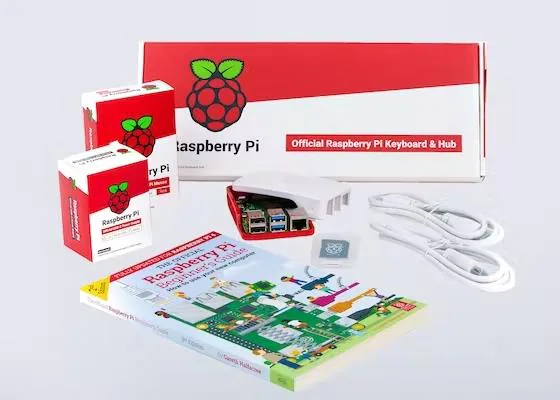I am a newbie and have been roaming between trying projects as demonstrated on Youtube, using a breadboard, doing the odd Adriuno project and trying to code, getting tips from this forum, and reading some theory (Ohms law etc).
What I am finding however, is that I can usually follow a circuit schematic or Youtube video and assemble a circuit on a breadboard, but those videos rarely explain why things are working and rather, just help you make things work. In other words, they are a "do as you are shown" video and things will work.
I am starting to understand some concepts just based on common sense, asking and reading. Am I going about this correctly? i wish i knew how to understand why people are assembling circuits and choosing the components they do, rather than just replicating what they are doing.
I am finding however, that studying certain components (for example, i began watching videos on the 555 timer, based on recommendations from users on this board), and I found that helpful. Today, I was watching a video all about boolean math and chips that have Not OR AND etc relationships.
Am I going about this correctly?
As an analogy, i have always been able to play rhythm guitar and write songs. But I never knew how to play lead guitar. Every attempt sounded like a train wreck. Finally, I forced myself to join a guitar forum with a bunch of nice people like you folks, that patiently responded to all my stupid questions. I started making headway, but became stuck many times. But I told myself, I am NOT giving up. So I decided to treat it like a university course, forcing myself to study how to play lead guitar for at least 2 hours per day- sometimes 3. After 4 months of this, I can now play fluid lead and jam with anyone without any prep. I am not bragging- God knows, this did not come easy to me.
Is learning electronics the same sort of thing, or is there a better way?
What I am finding however, is that I can usually follow a circuit schematic or Youtube video and assemble a circuit on a breadboard, but those videos rarely explain why things are working and rather, just help you make things work. In other words, they are a "do as you are shown" video and things will work.
I am starting to understand some concepts just based on common sense, asking and reading. Am I going about this correctly? i wish i knew how to understand why people are assembling circuits and choosing the components they do, rather than just replicating what they are doing.
I am finding however, that studying certain components (for example, i began watching videos on the 555 timer, based on recommendations from users on this board), and I found that helpful. Today, I was watching a video all about boolean math and chips that have Not OR AND etc relationships.
Am I going about this correctly?
As an analogy, i have always been able to play rhythm guitar and write songs. But I never knew how to play lead guitar. Every attempt sounded like a train wreck. Finally, I forced myself to join a guitar forum with a bunch of nice people like you folks, that patiently responded to all my stupid questions. I started making headway, but became stuck many times. But I told myself, I am NOT giving up. So I decided to treat it like a university course, forcing myself to study how to play lead guitar for at least 2 hours per day- sometimes 3. After 4 months of this, I can now play fluid lead and jam with anyone without any prep. I am not bragging- God knows, this did not come easy to me.
Is learning electronics the same sort of thing, or is there a better way?

